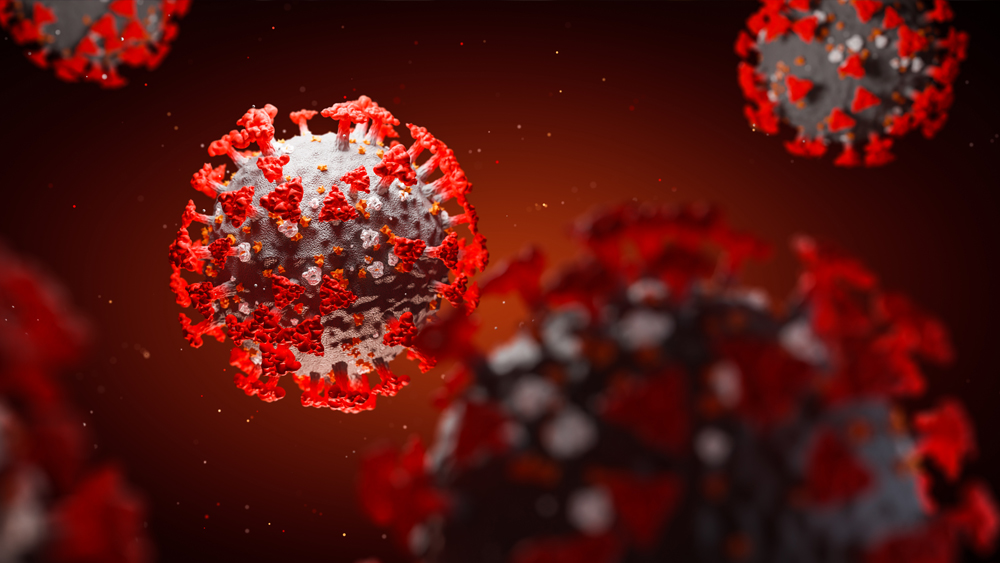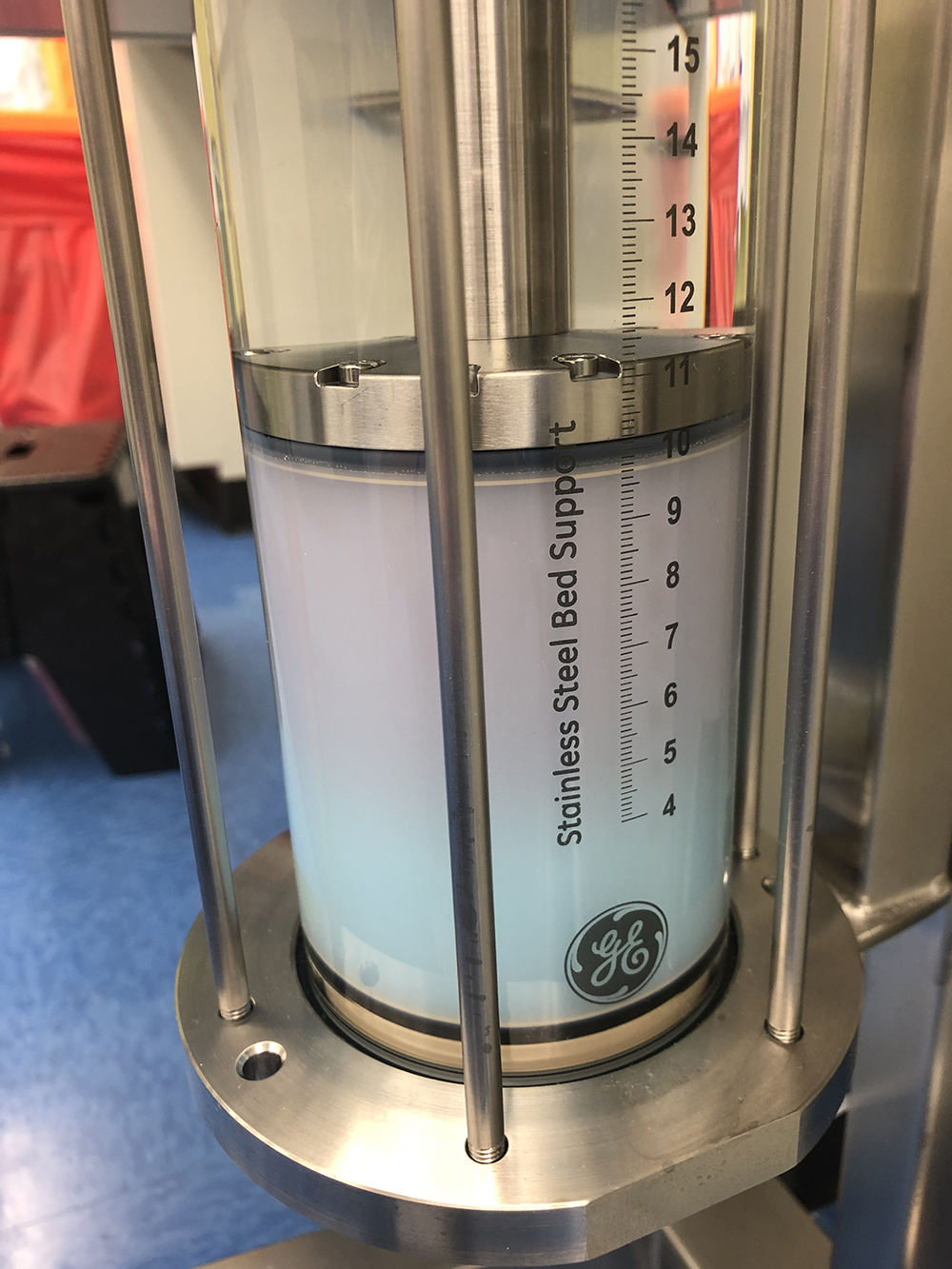
As the coronavirus pandemic continues to surge worldwide, there is an urgent need for anything that can bring us closer to a vaccine or treatment that will protect people from future infections. SARS-CoV-2 (also known as severe acute respiratory syndrome coronavirus 2) is the virus that infects cells and causes the coronavirus disease in humans. Researchers could theoretically eliminate the threat of the coronavirus if they can discover how to prevent this virus from binding to cells in the first place.
Preventing this binding is easier said than done, but the Texas A&M Engineering Experiment Station’s (TEES) National Center for Therapeutics Manufacturing (NCTM) has received funding from the National Institute for Innovation in Manufacturing Biopharmaceuticals (NIIMBL) to help find a way to do just that.
NCTM is producing spike proteins to identify antibodies that can attach to the SARS-CoV-2 spike protein receptor-binding domain and prevent the virus from binding to key sites, thus obstructing the virus from entering and infecting human cells.
“There are hundreds of virus-fighting antibodies in plasma, and using recombinant spike proteins is the fastest way to detect the correct ones we need to fight COVID-19,” said Dr. Zivko Nikolov, professor in the Department of Biological and Agricultural Engineering at Texas A&M University and director of NCTM.

NCTM’s strategy is derived from what happened with Dr. Kent Brantly, who survived Ebola, then donated his plasma to help others recover as well. Doctors and scientists identified antibodies in his blood that could recognize the Ebola virus and prevent it from multiplying further in patients. Similarly, NCTM researchers are making versions of COVID-19 spike proteins that can be used to measure antibody responses to the SARS-CoV-2 virus spike proteins in order to aid in the recombinant development of these antibodies in the future.
NCTM’s spike proteins will also be useful once a COVID-19 vaccination is available.
“Beyond screening convalescent plasma, the spike proteins will be needed to determine if protective responses are being generated in response to the vaccination, how long responses persist and if having antibodies to the spike protein provides a person with immunity such that they can safely return to the workplace without fear of reinfection,” said TEES research scientist Dr. Susan Woodard.
NCTM is collaborating with the Army Research Lab (ARL), whose research affiliates have been studying coronavirus spike proteins since 2013. The most promising constructs designed by ARL partners have been shared with NCTM to produce more proteins. The proteins that NCTM makes in cell culture will be provided to ARL, and they will work with Houston Methodist Hospital to use the purified material in serology assays to screen donors for convalescent plasma therapy. ARL will also use NCTM’s proteins to screen monoclonal antibodies that neutralize the virus.
The purified spike proteins are important for determining the strength of antibodies present in recovered COVID-19 patients, and antibodies made against the spike proteins are expected to prevent the virus from binding to and infecting human cells.
“I am excited to scale up the effort to produce spike proteins and to deliver hundreds of milligrams of purified proteins to collaborators at the ARL, Houston Methodist Hospital, the U.S. Department of Commerce’s National Institute of Standards and Technology and NIIMBL,” Nikolov added. “I truly believe NCTM is uniquely qualified to respond to the education, training and applied research needs of Texas A&M University and the broader community.”
This work was performed under financial assistance award 70NANB20H037 from the U. S. Department of Commerce, National Institute of Standards and Technology.
National Center for Therapeutics Manufacturing
The National Center for Therapeutics Manufacturing is a first-of-its-kind, multi-disciplinary workforce education institution and biopharmaceutical manufacturing center, located at Texas A&M University in College Station, Texas. The NCTM’s workforce development mission is to provide education, training, and outreach programs to produce a highly skilled workforce for the vital U.S. and global pharmaceutical industry.
